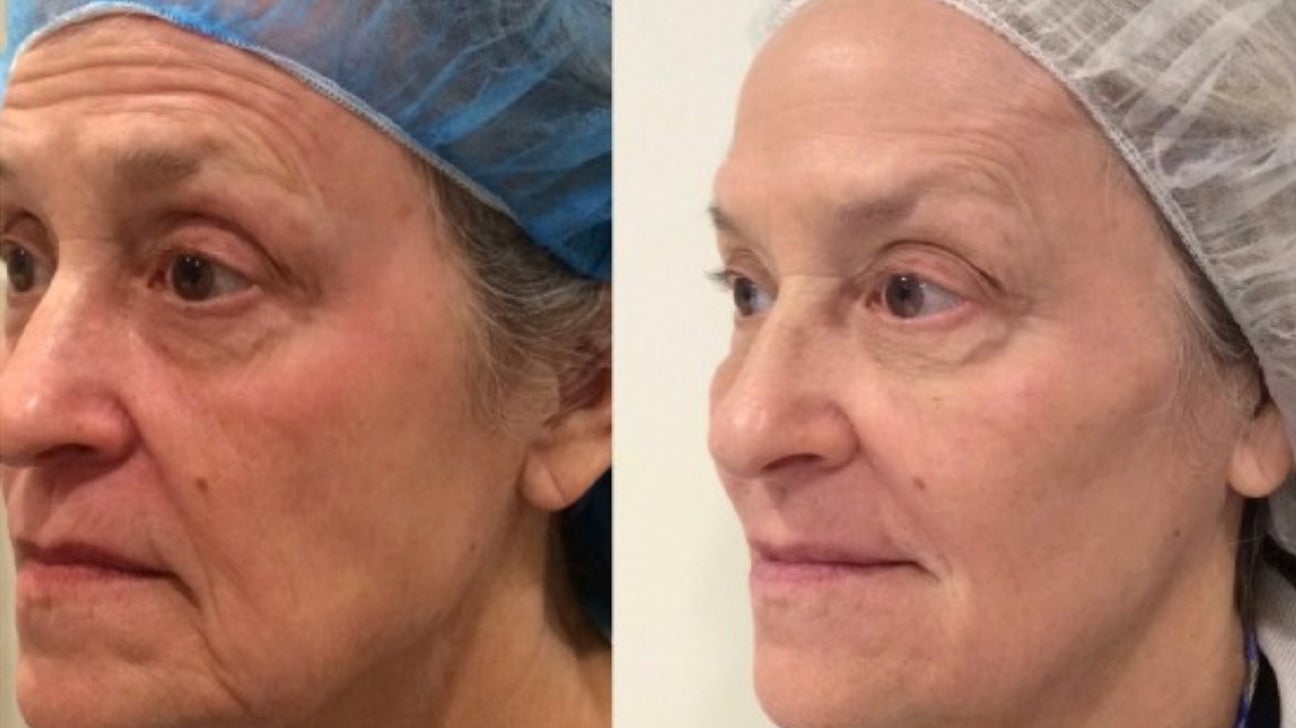Not known Facts About Mid-facelift
Table of ContentsThe Ultimate Guide To Plastic Surgeon In MiamiMiami Mid-facelift Fundamentals ExplainedHow Miami Plastic Surgery can Save You Time, Stress, and Money.5 Easy Facts About Miami Mid-facelift Shown
You might experience temporary or permanent hair loss near the incision sites. Permanent hair loss can be addressed with surgery to transplant skin with hair follicles - facelift Miami. Rarely, a face-lift can interrupt the blood supply to your facial tissues. This can result in skin loss (sloughing). Sloughing is treated with medications, appropriate wound care and, if necessary, a procedure to minimize scarring.Certain medical conditions or lifestyle habits also can increase your risk of complications. The following factors may present a significant risk or result in unfavorable results, and your doctor may advise against a face-lift. Medications or supplements that thin the blood can affect your blood's ability to clot and increase the risk of hematomas after surgery.
If you have a medical condition that prevents blood clotting, you won't be able to have a face-lift. Other conditions, such as poorly controlled diabetes or high blood pressure, increase the risk of poor wound healing, hematomas and heart complications. Smoking significantly increases the risk of poor wound healing, hematomas and skin loss after a face-lift.
How Mid-facelift In Miami can Save You Time, Stress, and Money.
Initially, you'll talk to a plastic surgeon about a face-lift. The visit will likely include: Prepare to answer questions about past and current medical conditions, previous surgeries, previous plastic surgeries, complications from previous surgeries, history of smoking, and drug or alcohol use. Your surgeon will do a physical exam, may request recent records from your doctor or order a consultation with a specialist if there are any concerns about your ability to undergo surgery.
Your plastic surgeon will take photos of your face from different angles and close-up photos of some features. The surgeon will also examine your bone structure, shape of your face, fat distribution and quality of your skin to determine your best options for face-lift surgery. Your surgeon will ask questions about your expectations for the outcomes of a face-lift.
Before a face-lift: You'll receive instructions about what medications to stop taking and when to stop. For example, you'll likely be asked to discontinue any blood-thinning medication or supplement at least two weeks before surgery. Talk to your doctor about what medications are safe see here to take or whether the dosage should be adjusted.
Plastic Surgeon In Miami Fundamentals Explained
You'll be asked to avoid eating anything after midnight the night before your face-lift. You will be able to drink water and take medications that have been approved by your surgeon. If your face-lift is done as an outpatient procedure, make plans for someone to drive you home after surgery and stay with you the first night after surgery.
Sometimes the procedure is done with sedation and local anesthesia, which numbs only part of your body. In other cases, general anesthesia — which renders you unconscious — is recommended. In general, a face-lift involves elevating the skin and tightening the underlying tissues and muscles. Fat in the face and neck may be sculpted, removed or redistributed.
The incisions for the procedure depend on the techniques that will be used and the patient's preferences. Options include: starts at your temples in the hairline, continues down and around the front of your ears and ends behind your ears in your lower scalp. An incision might be made under your chin to see it here improve the appearance of your neck.
Our Plastic Surgeon In Miami Diaries

:max_bytes(150000):strip_icc()/psanj28_FL_neck_brow-56a733665f9b58b7d0e7d4e8.jpg)
About a week after surgery, your doctor will remove your stitches and assess the wound. Subsequent visits will likely be scheduled to monitor your progress. Miami facelift. Self-care at home during the first three weeks will help your recovery and minimize the risk of complications: Follow wound care instructions as directed by your surgeon.